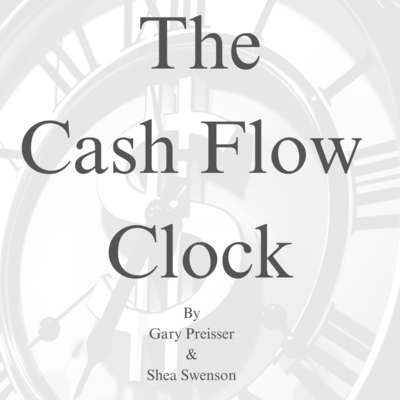The Cash Flow Clock: For Retirees - Book - Page 43

The Cash Flow Clock
Taxes and Investments
Our tax decisions affect our investments. Our investment decisions affect
our tax liability. Yet, most “financial advisors” are actually “investment
advisors” or “insurance agents” who claim to have no responsibility when it
comes to tax decisions even though their recommended investment decisions
can have significant tax consequences. Most “tax advisors” are actually “tax
preparers” or “software” that aren’t even consulted before making
investment decisions.
A good day for our investments typically means that we will pay more in
taxes. A bad day for our investments may be an opportunity for tax
strategies. We need to look at our financial plan from the perspective of
both investments and taxes in order to get the most out of our assets.
To illustrate this point, let’s look at March 23, 2020. That was when the
S&P 500 hit its lowest point during the COVID pandemic. The market had
reached almost 3400 earlier in the year. On that day, it was down to right
around 2200, a drop of 35%. From an investment standpoint, this was a
terrible day. We may have had $100,000 in our IRA account. Now we only
had $65,000. The world was shutting down. No one knew what the future
would hold.
From a tax perspective, this was an opportunity. We had $100,000 in an IRA
that was going to be taxed at some point. Now we only had $65,000 that
needed to be taxed. If we had converted our IRA to a Roth on March 23,
2020, we would likely have paid 35% less tax than we would have just a few
weeks prior. As the market rebounded back to where it had been over the
course of the next 5 months (a 55% gain) it would all be tax free. Any
growth in the market ever since (an additional 67% as of writing) would also
be tax free.
It is easy to look back and see what we could have done or what we should
have done. The only real benefit in doing so is in what we can learn and
apply to our current, and future, circumstances to do things more efficiently.
It would be great if the market were always up and if there were never any
market corrections. But the reality is that there will always be downturns in
39